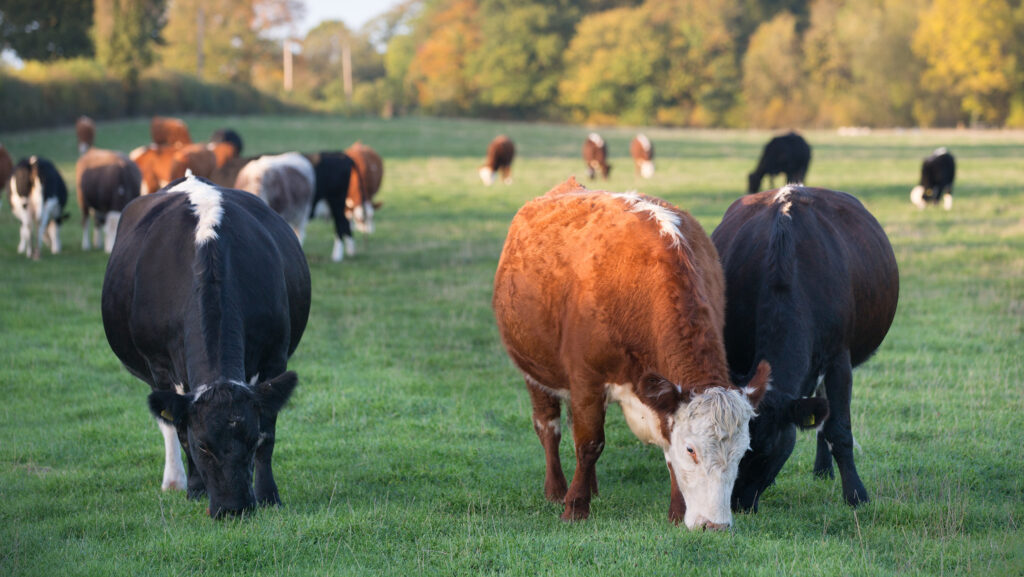MPs warn bovine TB vaccination policy leaves farmers exposed
 © Tim Scrivener
© Tim Scrivener A cross-party group of MPs has warned that farmers in England are being left exposed by gaps in bovine TB controls, raising fresh concerns over the government’s approach to managing the disease.
In a report published last week, the Public Accounts Committee (PAC) said it was “concerned about the future efficacy of policy changes” to tackle bovine TB, warning of a hiatus between the end of badger culling and the rollout of cattle vaccination, not expected until at least 2029.
See also: Bovine TB: 2038 eradication goal achievable with bold action
“The badger cull, which we understand seems to have been effective in reducing bovine TB, has been largely terminated,” the committee said.
“Yet, a new cattle vaccine seems to be years away. This hiatus leaves farmers in a very difficult position, with the prospect of TB reactors becoming worse again.”
‘Gaping holes’
Responding to the report, NFU president Tom Bradshaw said the union shared the committee’s concerns and said there are “gaping holes” in the government’s bovine TB eradication strategy.
“The Public Accounts Committee report hits the nail on the head in its analysis of bovine TB policy,” said Mr Bradhshaw.
“The government is ending the badger cull by the end of this Parliament and the estimation is that BCG cattle vaccinations and an effective Diva test won’t be accessible to farmers until at least 2030.
“This puts the progress made so far at great risk,” he warned.
Mr Bradshaw added: “As the recent Godfray Review made clear, the 2038 target will only be achievable with urgency, attention and investment.
“It is vital government steps up to ensure we have the tools to fight this devastating disease and involves industry in policy decision-making that will help farmers tackle bovine TB.”
Phil Latham, a dairy farmer based in Cheshire and former member of the government’s Bovine TB Partnership, also warned of the consequences of the TB policy hiatus.
He said: “When I was part of the TB Partnership group it was made quite clear to Lord Benyon and others at the time that farmers in the group felt it was ridiculous to give up culling in the absence of a new technology.
“The interim period between culling and cattle vaccination is essentially wasting the investment that was made.
“As the RBCT [Randomised Badger Culling Trial] showed and Jenkins et al afterwards, in the absence of further culling, the TB level will return to where it was as the badger population will recover.”
Refreshed strategy
Defra said a new co-designed bovine TB strategy is being developed, focusing on cattle vaccination trials, expanded badger vaccination, and improved wildlife surveillance.
It added that new research and an expert review will inform future action to accelerate eradication of the disease in England.
